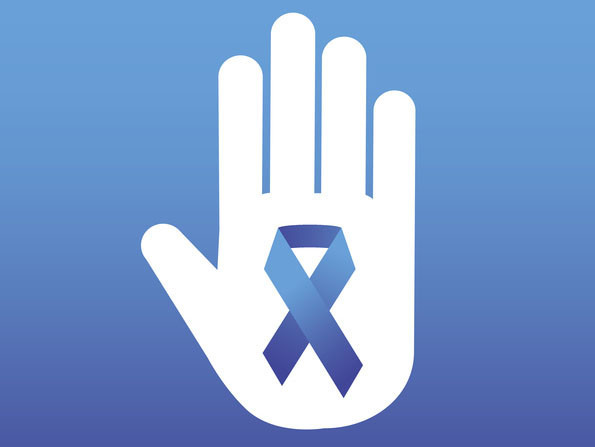

Prostatitis gets little press, but it’s a common inflammatory condition that accounts for more than two million visits to doctors’ offices in the United States every year. Some cases are caused by bacteria that can be readily detected and treated with antibiotics. But more than 90% of the time, prostatitis symptoms (which can include painful urination and ejaculation, pelvic pain, and sexual dysfunction) have no obvious cause. This is called chronic nonbacterial prostatitis/chronic pelvic pain syndrome, or CP/CPPS. The treatments are varied. Doctors sometimes start with antibiotics if the condition was preceded by a urinary tract infection. They may also recommend anti-inflammatory painkillers, stress-reduction techniques, pelvic floor exercises, and sometimes drugs such as alpha blockers, which relax tight muscles in the prostate and bladder.
Another treatment that can work for some men is acupuncture. A 2018 review article of three published studies found that acupuncture has the potential to reduce CP/CPPS symptoms without the side effects associated with drug treatments.
Now, results from a newly published clinical trial show symptom reductions from acupuncture are long-lasting. Published in the prestigious journal Annals of Internal Medicine, the findings provide encouraging news for CP/CPPS sufferers.
Acupuncture involves inserting single-use needles into “acupoints” at various locations in the body, and then manipulating them manually or with heat or electrical stimulation. During the study, researchers at ten institutions in China assigned 440 men with prostatitis to receive 20 sessions (across eight weeks) of either real acupuncture, or a control sham procedure wherein the needles are inserted away from traditional acupoints.
The researchers were medical doctors, but the treatments were administered by certified acupuncturists with five years of undergraduate education and at least two years of clinical experience. Treatment benefits were assessed using the National Institutes of Health Chronic Prostatitis Symptom Index (NIH-CPSI), which assigns scores for pain, urinary function, and quality of life. The men were tracked for 24 weeks after the eight weeks of treatment sessions.
By week eight, just over 60% of men in the acupuncture group were reporting significant symptom improvements (with the exception of sexual dysfunction), compared to 37% of the sham-treated men. Importantly, these differences were little changed by week 32, indicating that the benefits of acupuncture were holding steady months after the treatments were initiated.
Precisely how acupuncture relieves prostatitis symptoms is unclear. The authors of the study point to several possibilities, including that stimulation at acupoints promotes the release of naturally occurring opioid-like chemicals (enkephalins, endorphins, and dynorphins) with pain-killing properties. Acupuncture may also have anti-inflammatory effects, and the experience of being treated can also have psychological benefits that result in symptom improvements, the authors speculated.
“The research on prostatitis CPPS has been very sparse and scarce, and often with disappointing results, so this article from practitioners who are also experts in acupuncture is very welcome,” said Dr. Marc Garnick, the Gorman Brothers Professor of Medicine at Harvard Medical School and Beth Israel Deaconess Medical Center, editor of the Harvard Health Publishing Annual Report on Prostate Diseases, and editor in chief of HarvardProstateKnowledge.org. “The possible causes of prostatitis are many and not fully understood. Furthermore, we do not fully understand how and why interventions that may occasionally aid in relieving troublesome symptoms work. If one is to avail themselves of acupuncture, my advice is to make certain that the acupuncturist that you select is well trained and qualified to perform this potentially important intervention.”